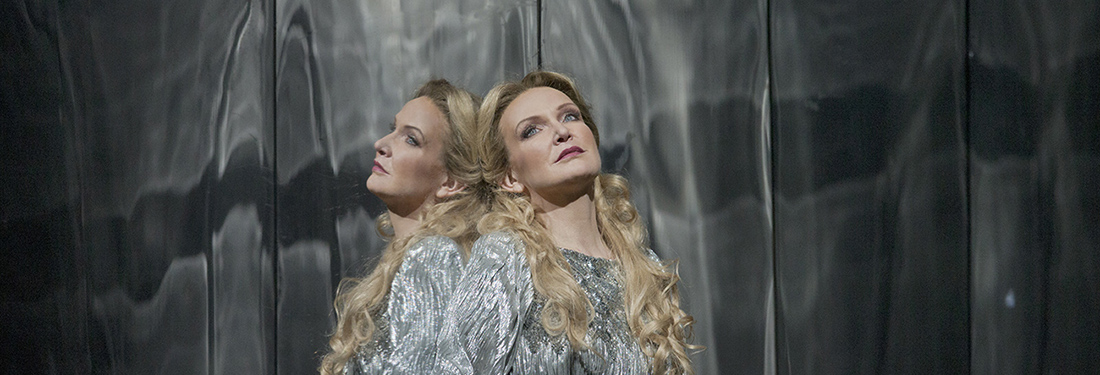
Lou Cevetillo for Gannett Westchester Newspapers:
The truly wonderful thing about opera is that it is totally unpredictable. On any given night, the greatest artist can be indisposed and offer a truly horrendous performance, while a rather mediocre singer can have everything pulled together and sing magnificently.
This season the Metropolitan Opera opened with Bellini’s “Norma.” The cast boasted some of the biggest names on the Met’s roster: Renata Scotto, Tatiana Troyanos and Placido Domingo. One would have, thought this performance had the makings of a legend. What resulted was a complete fiasco.
However, Monday night at the Met this cast was reassembled for the same work. The result was quite different and gratefully so.
Renata Scotto, who suffered the greatest setback on that [first night of the season], all but erased that performance with a truly inspired one Monday night. Certainly, she still had problems with some of the high tessitura in the cabaletta, “Ah! bello a me ritorna,” where the voice screeched or wobbled, as it did [on the first] night, but not with the same harshness. No, this time Miss Scotto approached the music with more finesse and kept the problem spots in control. Aside from a few pitch problems in “Mira, o Norma” and in other places where she had to push her voice, she sang with conviction and a mastery of the score.
There is still little doubt this role is not suited to Miss Scotto’s voice. However, she maximized her many talents and gave it her best shot. Dramatically, one could. hardly argue with her well executed performance. Her intensity and wrath with Pollione and her tenderness and sensitivity with Adalgisa and her children, made this Norma truly a work of art. Renata Scotto, no matter what the popular opinion is at the moment, is no minor talent. Her style and conviction to the art is to be commended and her performance Monday was a complete and insightful entity.
Placido Domingo, returning with vigor and style as the Roman proconsul, Pollione, was fiery and powerful. Hit voice sounded fresh and evenly produced, although he chose not to sing the interpolated high C in “Meco alraltar in Venere.” Domingo is the ideal leading man in that he is rarely indifferent to the drama of the moment. His middle voice and expert musicianship, two of his most prominent assets, are exactly the prerequisites for a stirring Pollione.
As the priestess Adalgisa, Tatiana Troyanos was in sterling voice, bringing some vocal highpoints to this performance as she sang all the high notes with fervor. Her interpretation was appropriately melancholic, with just the right amount of pristine innocence to contrast with the well worn character of Norma. There seemed to be a symbiotic relationship between the two, which is mandatory for the opera’s success.
John Cheek as Oroveso had neither the voice nor the style to carry the role successfully. Cheek is barely audible and should be relegated to comprimario roles appropriate to the quality of his voice.
James Levine conducted with more assurance than on [the first] night. He still plays it a bit loud, but his tempi were brisk and kept the tension of the story musically secure. Levine was again sympathetic to his singers and kept the orchestra in balance whenever Norma or Adalgisa chose to sing “piano” or “mezzo forte:’
With the exception of the wonderful acting of Miss Scotto, Domingo and Miss Troyanos, the production left a lot to be desired. The staging was pitiful, Fabrizio MeIano’s direction was static, the costumes and sets of Desmond Heeley are still some of the most ridiculous in the Met’s repertory, and the chorus was as lively as blocks of stone.
On this day in 1996 mezzo-soprano Cecilia Bartoli made her Metropolitan Opera stage debut as Despina.
On this day in 1895 Tchaikovsky’s and Petipa’s ballet Swan Lake premiered in St Petersburg.
Birthday anniversaries of bass-baritone Ferdinand Frantz (1906), soprano Ilona Steingruber (1912) and tenor Giacinto Prandelli (1914).
Happy birthday soprano Anna Pirozzi.
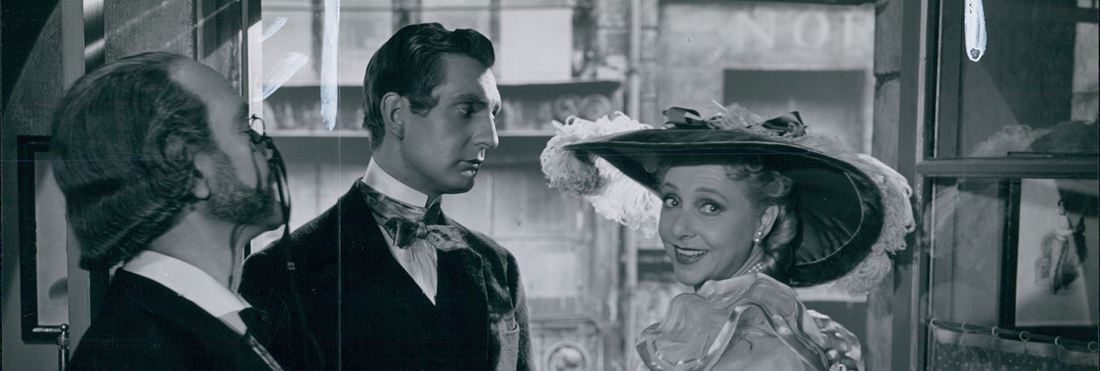
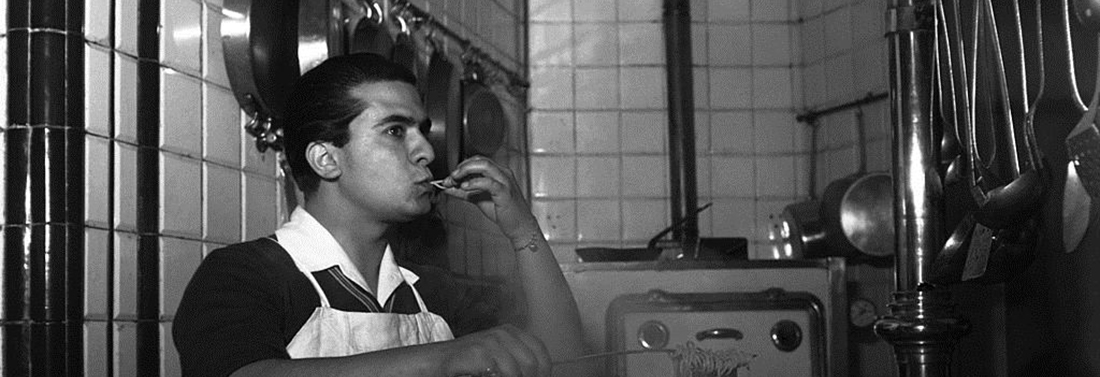
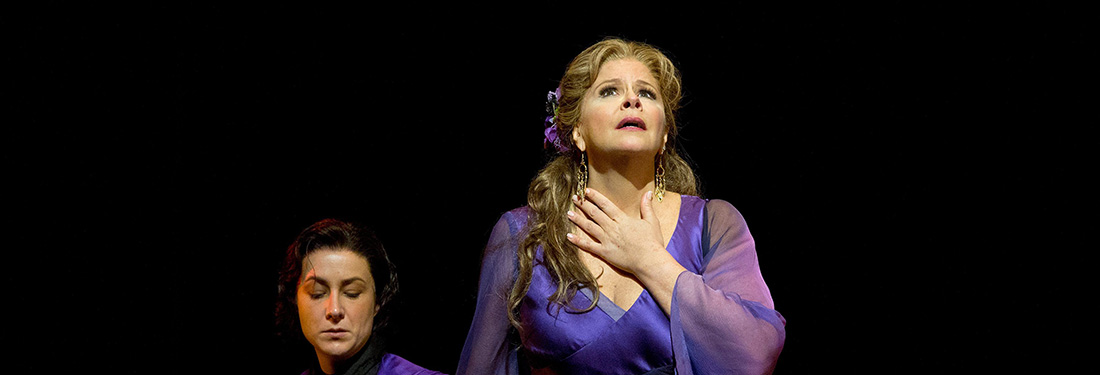
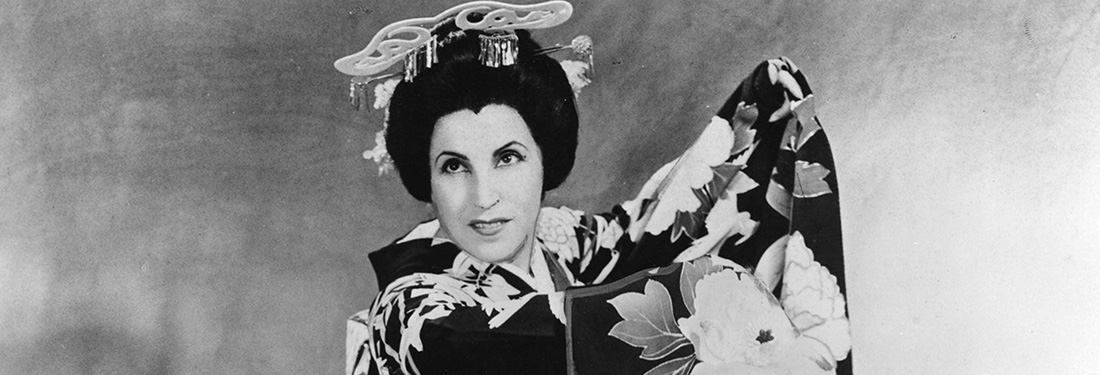
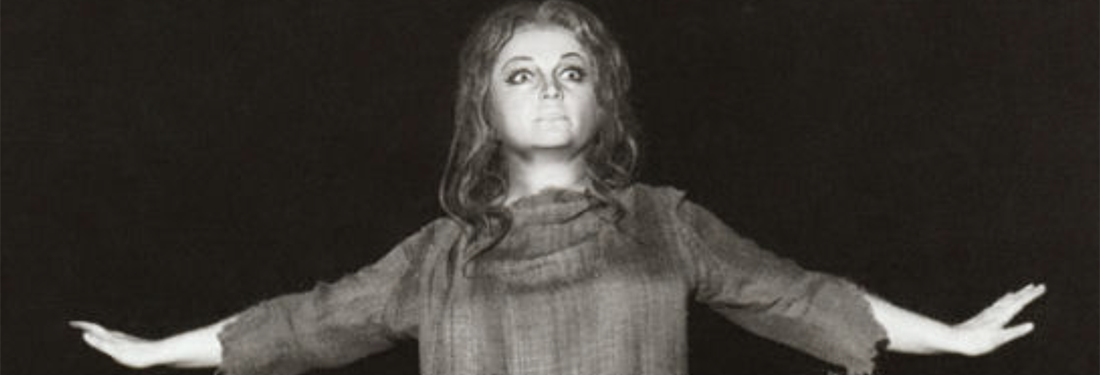
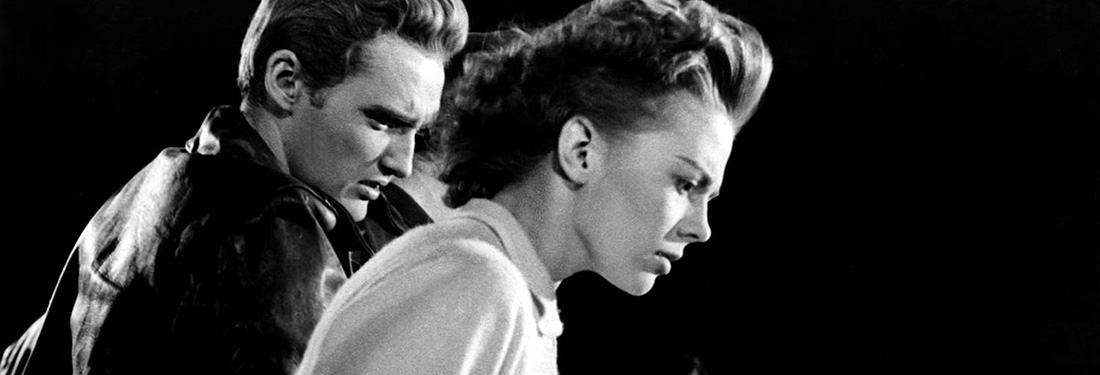
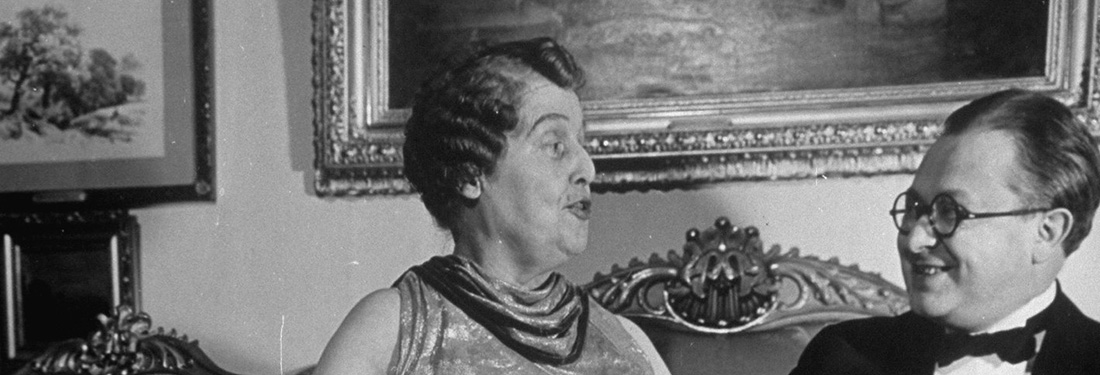

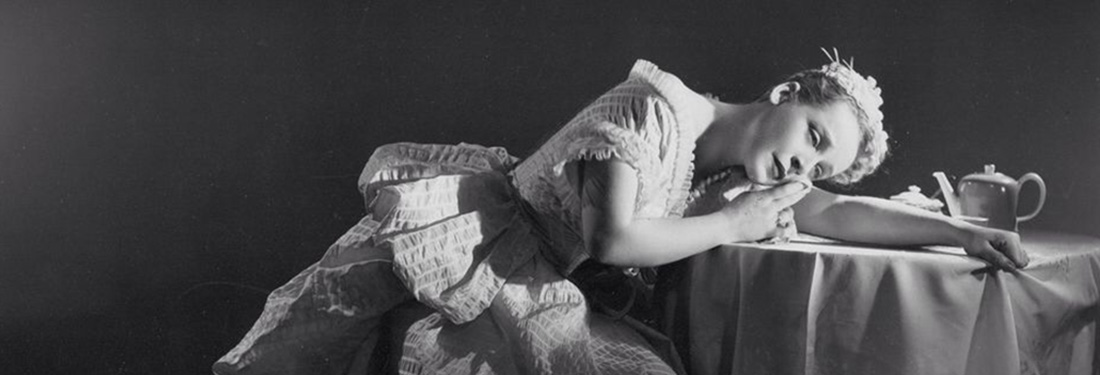

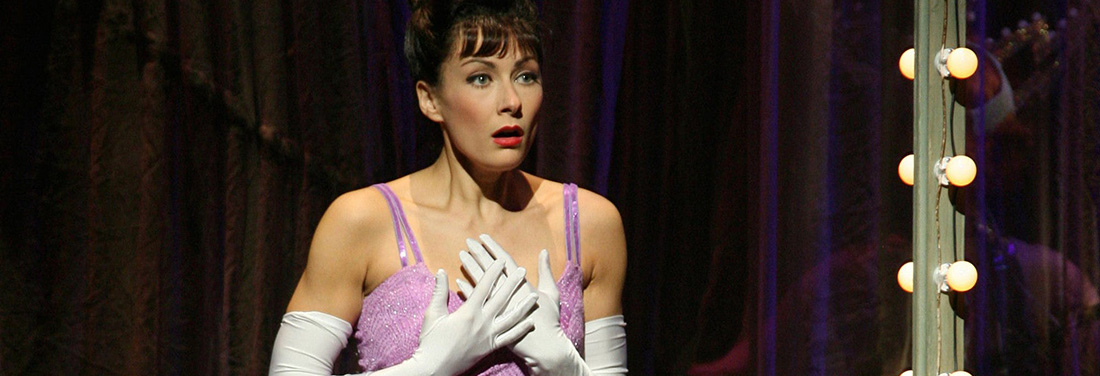
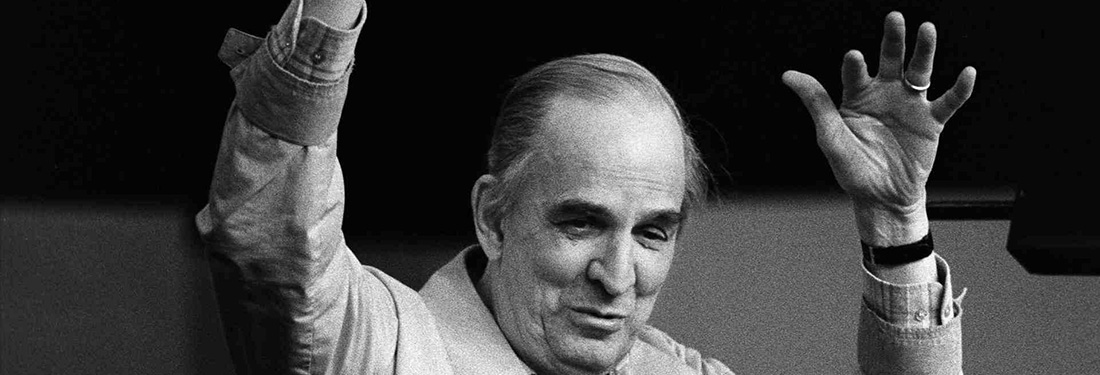
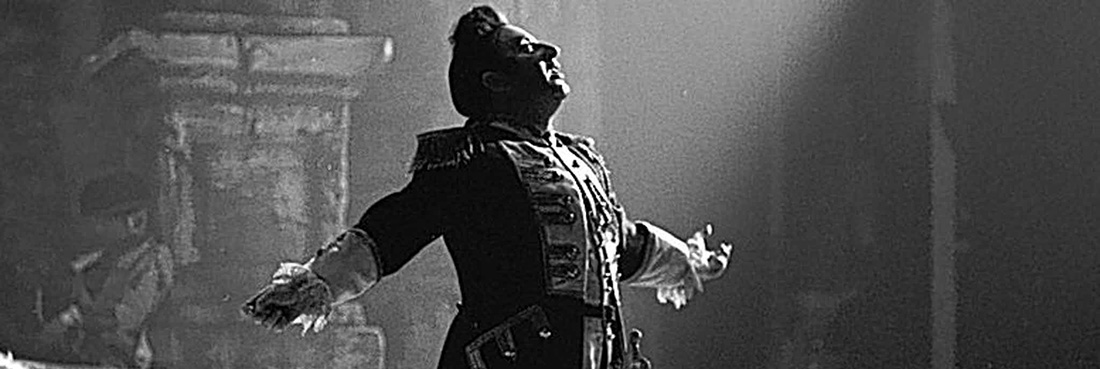
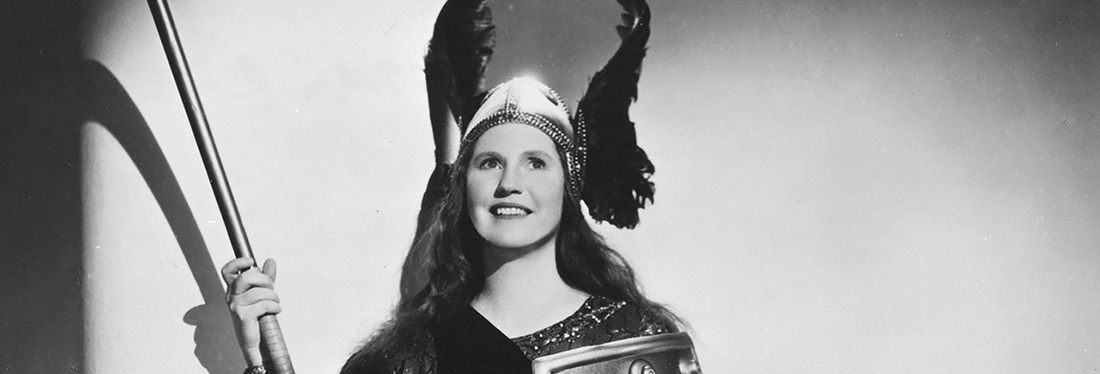











Comments